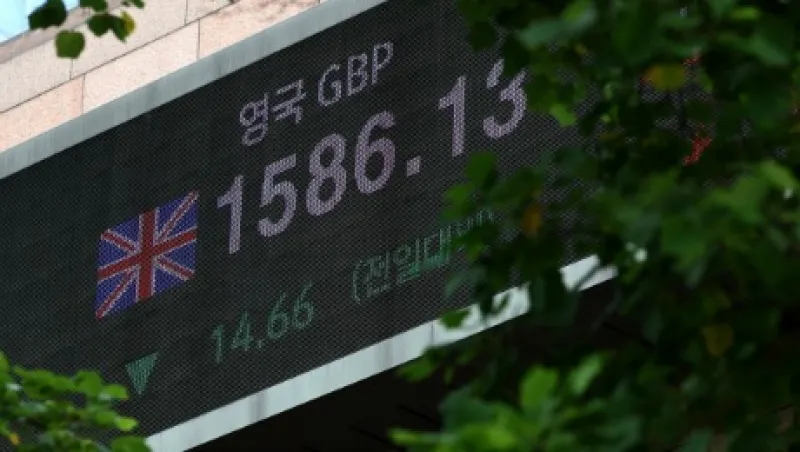Markets continue to recalibrate as investors consider the eventual impact of the U.K.’s decision to depart from the European Union. In comments at a conference in Aspen, Colorado over the weekend, International Monetary Fund Managing Director Christine Lagarde urged policymakers to develop a coordinated response to curb potential damage to global growth from the Brexit. Gold prices again rose on Monday, with bullion prices for immediate delivery up over 1.5 percent in London, a surge in assets flowed into precious metal exchange-traded funds and the pound sterling and British equities continued to slide. As the flight to safety persists, sovereign bond yields continue to fall, with ten-year gilts rising to an implied yield of less than 1 percent for the first time.
Bank stocks halted in London. After a 10 percent plunge in early trading on Monday, trading in shares of Barclays and the Royal Bank of Scotland Group was briefly suspended, before resuming and falling further. The financial sector of the U.K.’s equity market is now down nearly 20 percent on a British pound basis following the referendum last week.
Spanish vote leaves Rajoy in lead. Results of Sunday’s election in Spain surprised many analysts as the anti-austerity Podemos Party failed to win as many votes as anticipated, leaving incumbent Prime Minister Mariano Rajoy’s People’s Party with 137 out of 350 parliamentary seats. The Spanish Ibex benchmark equity index rose by nearly 3 percent. Rajoy now faces the challenge of negotiating a coalition with other centrist parties.
Line delays IPO. In the turbulent wake of the Brexit vote, Japanese messaging app developer Line Corp. has delayed its initial public offering in New York and Tokyo until markets stabilize. According to industry sources, the delay is temporary, with strong interest from institutions in the offering despite a relatively high valuation.
Yuan reaches multiyear low. The People’s Bank of China reduced the yuan reference rate today by nearly 1 percent to reach its lowest point since 2010. Separately, in remarks before the World Economic Forum’s New Champions meeting in Tianjin, Premier Li Keqiang asserted that the Chinese economy will avoid a “hard landing.”
Private lending expands in euro zone. In a signal that the European Central Bank’s campaign to encourage banks within the common currency zone to extend more capital to businesses may be working, private-sector lending data for May revealed an expansion of 1.6 percent year-over-year, up from a prior 1.5. Separately, the rate of growth of monetary supply, known as M3, expanded by nearly 5 percent — a potentially bullish signal.






